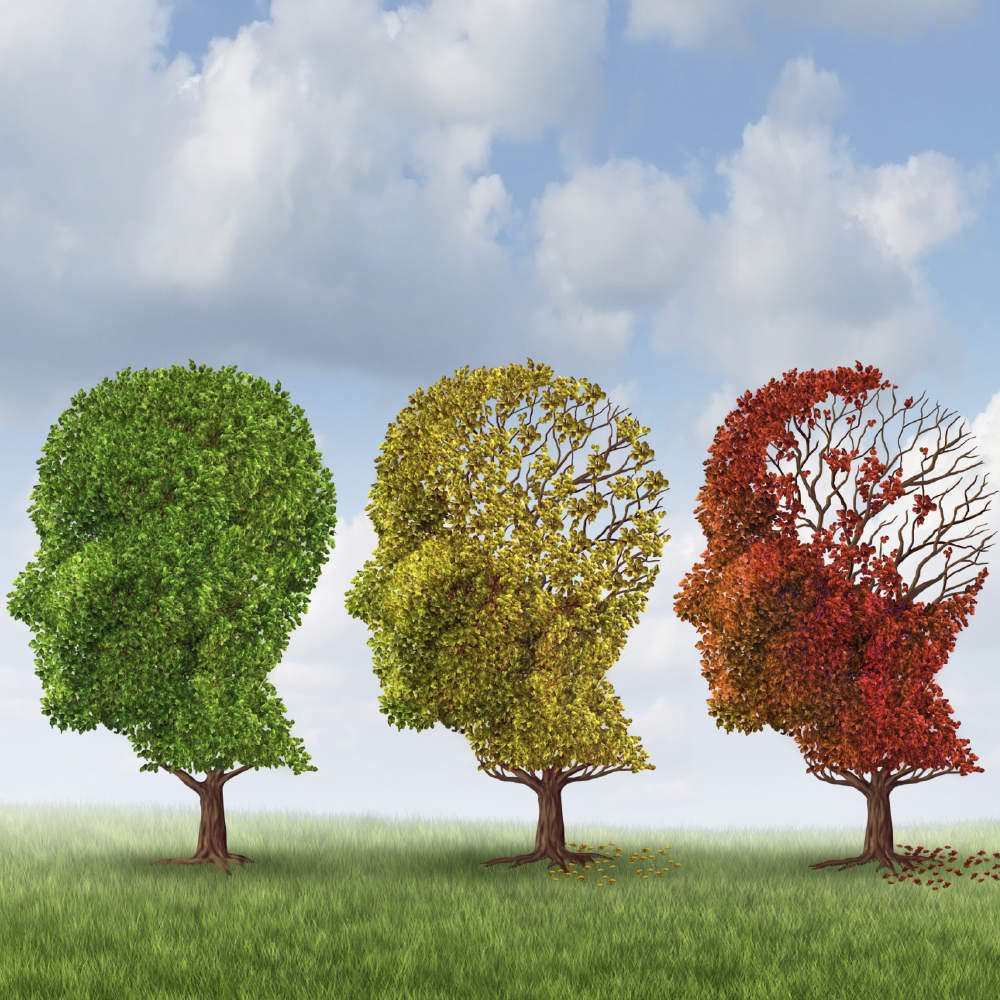Four people in the early stages of dementia will tell their stories on the @rednoseday Twitter feed, in a Comic Relief first on Thursday 26th February. The nation will gain a unique insight into their lives, from the challenges to often surprisingly uplifting realities. By sharing their stories Comic Relief hopes to generate a greater understanding of the issue of dementia through the voices of those living with the illness. Follow the conversation throughout the day on the @rednoseday Twitter feed and get involved using #DementiaDiaries.

Dementia
Dementia doesn't just affect people's memory - There are many different variations which affect each person differently. For example, some people have issues with their spatial awareness; cognitive skills or hallucinations. Imagine believing that a black floor tile is actually a huge black hole in the floor.
Younger people can get dementia too - There are over 40,000 people under the age of 65 with early onset dementia in UK, including 2000 people under 40 years old. This is expected to rise by a fifth to 50,000 cases by 2051.
A dementia diagnosis can be a relief - 52% of people with dementia in the UK do not receive a formal diagnosis, this time can bring a lot uncertainty. Once a the diagnosis is given, people can start receiving the correct treatment and support as well as the time to come to terms with it.
Every year 225,000 people develop dementia in the UK, that's one every three minutes.
There are 670,000 carers of people with dementia in the UK (very often family members) and it is vital they get the support they need too.
Having dementia can be really exhausting - even everyday activities use 50% more oxygen because the brain has to think so hard to do relatively simple tasks. There aren't enough brain cells so the brain has to search for others.
It may take people with dementia a little longer to do things, but giving them the space and encouragement to remain independent where possible helps retain an important sense of self-worth. Doing things with them rather than for them makes a big difference.
Two thirds of people with dementia in the UK are women.
Telling family members can be a hugely emotional experience for everyone involved. If someone chooses to tell you of their diagnosis be as supportive as you can.
Keeping active through activities such as running and playing golf are great ways for people with dementia to live as well as possible and maintain a healthy lifestyle.

